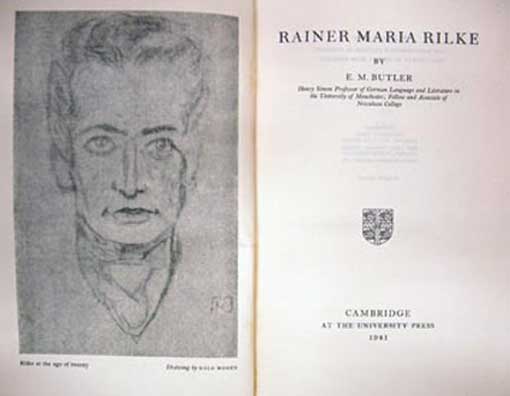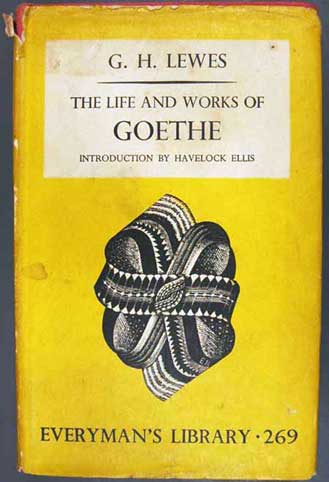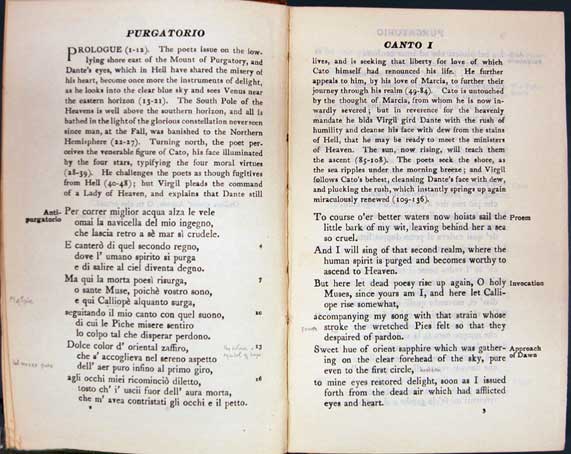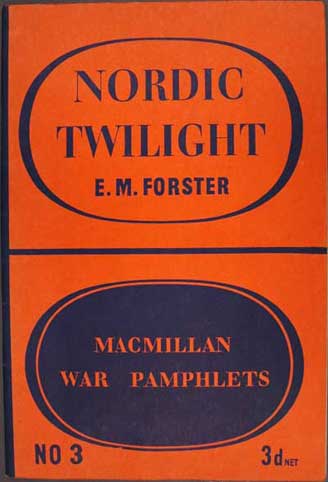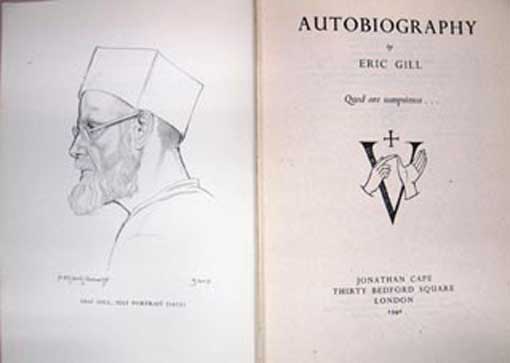The War Years
Rainer Maria Rilke (1875-1926) is considered one of the greatest lyric poets of modern Germany. On 16 April 1930, Brasch bought a German edition of Rilkes Letters to a Young Poet from which he translated passages for the second issue of Phoenix, perhaps the earliest translations of this writer to appear in English. Brasch was enthusiastic about Rilkes Letters: Yes they were addressed to me! The influence lasted, for Brasch not only collected (and read) numerous Rilke titles, but he wrote some early poems which in a blurred watery way closely reflected his works.Here is an English edition of the Letters
Rainer Maria Rilke. Letters to a Young Poet. London: Langley & Sons, 1943. Brasch PT2635.I65 L4.
Brasch also admired Johann Wolfgang Goethe (1749-1832), the German polymath who wrote in the fields of poetry, drama, philosophy and science. He took 17 days to read George Lewess Life of Goethe, starting on 28 November and finishing it on 15 December 1940. On 6 February 1941, he read Goethes Young Werther, which sparked a reflection:The very passionate & longing part of Werther, after he has given up his legation job & gone back to be near Lotte, reminded me strongly, indeed brought back the actual feeling, of certain days Ive spent; one at Winchester in particular,several years ago, of bitterest misery, of desire & the consciousness of loss.
Brasch often details his dreams in his journals. After reading about Manfred in Dantes Purgatorio on 19 November 1941, he recorded one: I was taken to a narrow ravine-like pass through the mountains to be shown his [Manfreds] tomb. Out of one side of the smooth grey rock-face of the pass a high but shallow recess had been hollowed, in the midst of which a mass of rock, square or oblong below & rising in a plain heavy monolith, had been left free, its outer side flush with the slope of the rock-face above. This was Manfreds tomb…
Dante Alighieri, Purgatorio. London: J. M. Dent, 1906. Brasch PQ4306.A1 1906
In September 1940, Brasch read E.M. Forsters Nordic Twilight, and while sympathetic to the author – a fine artist & lovable person – he was scathing of the work, calling it a pitifully inadequate, & sometimes just mistaken, pamphlet. He continued: The humane tolerant agnostic liberals have nothing more to offer us, nothing fundamental & sustaining at a time such as this. In February 1941, in an effort to do his bit, Brasch was examined for war service. On finding slight emphysema of one lung, he was classified as unfit for army service and called a Grade 3. He later became a fire-watcher in Finchley Road.
E. M. Forster, Nordic Twilight. London: Macmillan, 1940. Brasch PR6011.O58
The sculptor and designer Eric Gill (1882-1940) spent his last twelve years at Piggotts, near Lacey Green, Buckinghamshire. In 1936, Brasch lived at nearby Missenden Abbey and met Gill. In February 1942,Brasch started reading Gills Autobiography and noted that art grows out of life & out of a society. Other thoughts arose:I have been thinking of becoming a printer (though I do not know just what that means), of making books (& making of human transitory things: fit that my pride & ambition should be sobered in this way) – which is making; reclothing the thoughts of great men past & present, & not a mere passive business of admiring analysing & cataloguing. Portions of this notion were certainly achieved when Brasch was editor of Landfall.
Eric Gill, Autobiography. London: J. Cape, 1940. Brasch NB497.G55 A2 1940


